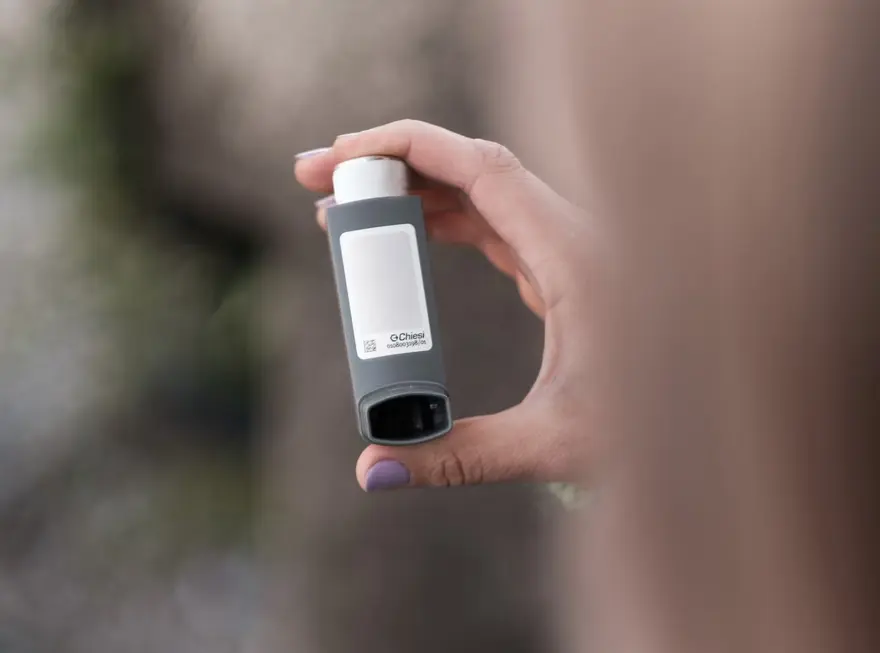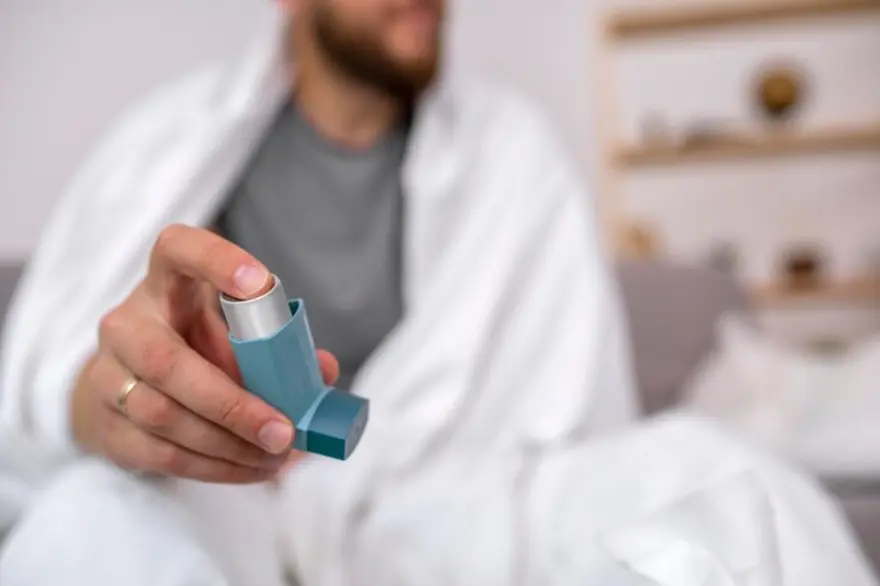Blood Urea Nitrogen BUN Test in Mumbai
51+ booked in last 3 daysBlood Urea Test Overview
Protein in body are broken down and stored as ammonia and nitrogen in the liver, which is then converted to urea. Urea is carried from the liver to the kidneys via the blood stream. The kidney then gets rid of the urea through urine. The blood urea nitrogen (BUN) test indicates the amount of urea in the blood.
Overview
The BUN test measures the amount of urea nitrogen present in your blood. Urea nitrogen (UreaN) is a waste product. It is created when your body breaks down proteins. Too much urea nitrogen can indicate kidney problems. It may also indicate a diet too high in protein.
BUN (Blood Urea Nitrogen) is used to assess the health of the liver and kidneys. The results guide healthcare professionals on how to treat patients.
What is the BUN Urea Nitrogen Serum test?
The BUN (blood urea nitrogen) test is also known as a blood urea nitrogen test or BUN test. It determines the amount of urea nitrogen in the blood. Urea nitrogen is a waste product that the liver makes and the kidneys get rid of. The BUN test is used to help diagnose and monitor kidney function and detect kidney damage or disease.
The test is performed by drawing a small blood sample from the arm and sending it to a lab to be analyzed. The test measures the amount of urea nitrogen in the blood to determine how the kidneys work. Many things, including dehydration, kidney problems, and some medical conditions such as congestive heart failure and urinary tract infections, can cause an increased BUN level.
What does a BUN Urea Nitrogen Serum test do?
A BUN (urea-nitrogen) serum test is used to:
• Determine how well the kidneys are functioning
• Monitor how well treatment for kidney diseases is working
• Measure if dehydration or overhydration is affecting kidney function
• Identify anaemia and its causes
• Examine if there is any indication of a dietary protein overload
Who should do the BUN Urea Nitrogen Serum test?
This test measures the quantity of urea nitrogen in the bloodstream. It also indicates kidney function. Who should take this test?
-
Individuals who have known or suspected renal disease
-
People suffering from severe renal failure
-
Individuals both before and after an organ transplant
-
Dialysis patients on a long-term basis
-
People having a history of renal illness in their family
-
Anyone suffering from weariness, weakness, disorientation, or decreased productivity
Doctors often suggest performing this test for people who display symptoms like:
• High blood pressure
• Diabetes
• Kidney disease
• Liver disease
• Certain kinds of toxicity or poisoning
• Various kinds of heart disease
• Hypercholesterolemia or elevated cholesterol levels
• Gout
Written by: Dr. Shibani R, Medical Writer, Medical Affairs
Blood Urea Nitrogen BUN Test Price in Mumbai
Metropolis Healthcare is a leading diagnostics centre and pathology lab in India equipped with the latest state-of-the-art technologies that provides the Blood Urea Nitrogen BUN Test with a clear pricing structure
The price of Blood Urea Nitrogen BUN Test in Mumbai is ₹ 260
We are committed to deliver accurate and quality results from the best labs in India with complete transparency regarding test cost and turnaround time. No matter where you are, we strive to offer patients high-quality service that is affordable and accessible.
Frequently Asked Questions
Blood Urea Nitrogen is a very common test that indicates how well are your kidneys performing in their ability to filter urea from the blood. It is also used to help determine the effectiveness of dialysis treatment if you're receiving haemodialysis (artificial kidneys used to filter blood in cases when natural kidneys have failed) to see if the dialysis is working properly and the artificial kidney is able to clean the blood performing work of the natural kidney. The test is often a part of the routine health check-up and helps diagnose number of other conditions, such as liver damage, urinary tract obstruction, congestive heart failure or gastrointestinal bleeding — although an abnormal BUN is not specifically associated with any of these conditions.
BUN is often ordered with other kidney related test such as creatinine when kidney problems are suspected.
Some signs and symptoms of kidney dysfunction include Fatigue, poor appetite, or trouble sleeping, swelling or puffiness (edema), particularly near the eyes or on the face, wrists, abdomen, thighs, or ankles, unusually textured or coloured urine, a decrease in urine output, burning or abnormal discharge during urine, and increased frequency. This entire spectrum of conditions can indicate a kidney disorder and needs further testing.
During digestion of proteins, our liver produces ammonia as a by-product. This ammonia further gets converted into urea and gets released into the blood. Since urea is a toxic substance, our body eliminates it from the blood, by the kidneys; as this blood enters the kidneys they filter them out and urea gets eliminated in the urine. If unusually high concentration of urea is present in the blood, it indicates something wrong with the kidney, and is associated with the inability of the kidney to filter out blood. Thus, urea is measured in terms of “Blood Urea Nitrogen”
Ratings & Reviews (0)
Why Metropolis?
Metropolis has a team of 200 senior pathologists and over 2000 technicians delivering diagnostic solutions in the areas of routine, semi specialty and super specialty domains like Oncology, Neurology, Gynaecology, Nephrology and many more.
We offer a comprehensive range of 4000+ clinical laboratory tests and profiles, which are used for prediction, early detection, diagnostic screening, confirmation and/or monitoring of the disease.



.png)
















 WhatsApp
WhatsApp